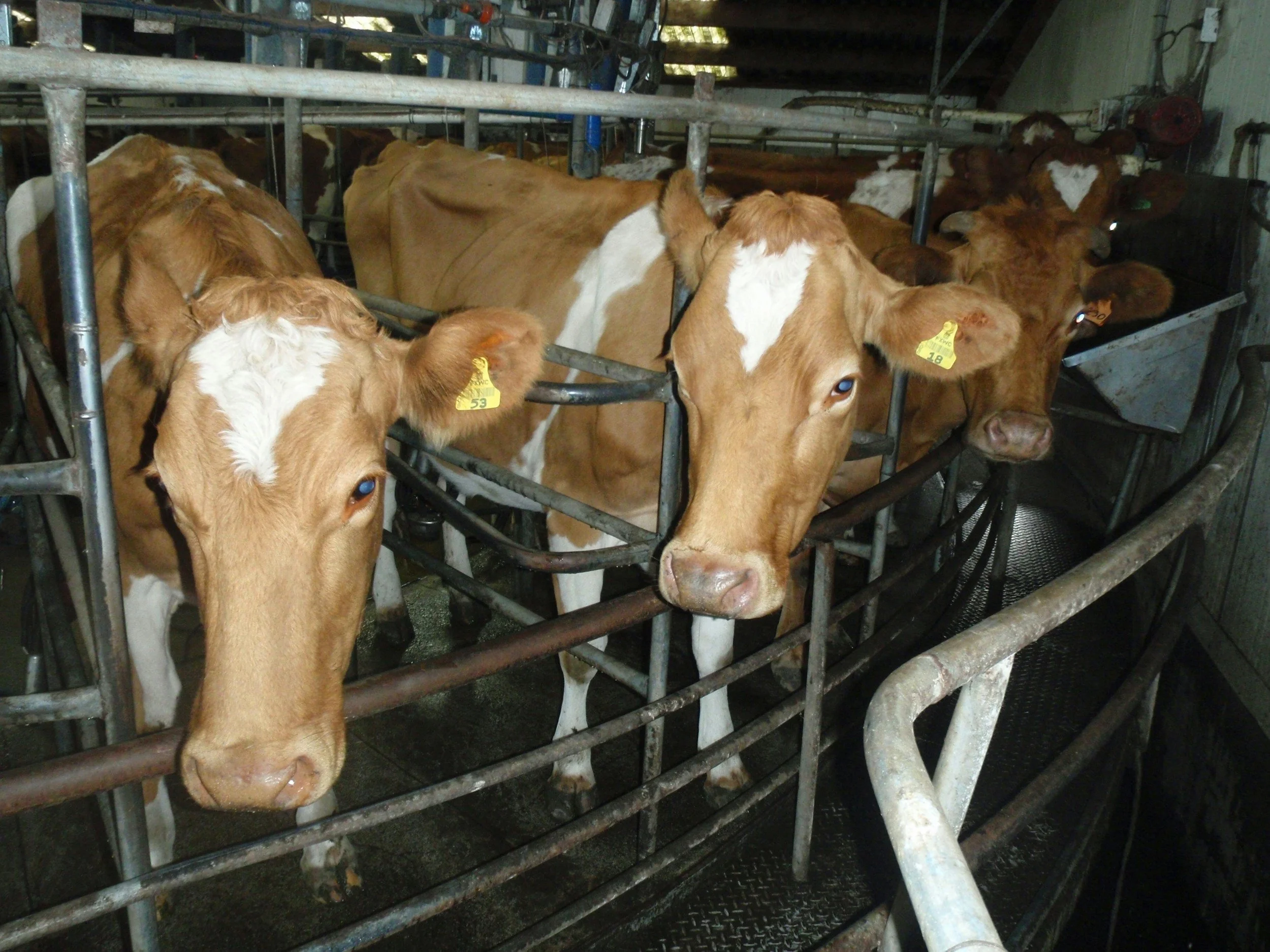California company launches plant-based milk made from watermelon seeds
MILKish, the “world’s first” watermelon seed milk, is described as a creamy milk alternative that is an excellent source of calcium and has significantly less calories than cow’s milk.
Credit: MILKish
A beverage company in California has launched what it is calling the “world’s first” plant-based milk made from watermelon seeds.
Known as MILKish, the innovative new product combines the superfood properties of watermelon seeds with other natural, plant-based ingredients to create a “deliciously creamy” plant-based milk.
Made by the Latino-owned Força Foods, MILKish’s nutritional credentials include 0g of sugar, 0g of carbs, and an excellent source of calcium. It also has 42 percent less calories than reduced fat dairy milk.
So, how does it taste? The unique alternative to cow’s milk is described as making no compromise on flavor and texture, and is said to have a silky smooth texture with no chalky aftertaste. It’s available in two flavors - Unsweetened Vanilla and Unsweetened Original.
Credit: MILKish
Crucially, MILKish is versatile in its uses: it can be used in hot and cold drinks (and can be frothed for a latte), poured in with cereal, baked into a recipe, or sipped straight from a glass.
For now, those wanting to try watermelon seed milk can buy MILKish online via the company’s website, with availability in stores coming soon.
Popularity of plant-based milks
Over the last decade, plant-based milks have reached mainstream appeal with leading coffee houses and smoothie chains increasingly offering dairy-free options.
Starbucks, the world’s largest coffee chain, now offers soy milk, coconut milk, almond milk, and oat milk in many of its locations around the world, including the US. Peet’s Coffee, which has over 300 locations in the US, recently revealed that more than 34 percent of the total milk used at Peet's is non-dairy.
Even airlines have responded to the demand - with Delta Air Lines, JetBlue, and United Airlines all adding oat milk creamer to their inflight menus within the last year.
Taste has played a big role in the popularity of plant-based milks. Oat milk has become well-known for its subtle creamy taste that works well in coffees, while the creamy and silky almond and soya milks are popular in smoothies and breakfast bowls.
Why switch dairy milk for plant-based milks like Oatly and MILKish?
Thankfully, the improved taste and functionality of plant-based milks also comes with benefits to public health, the environment, and to animals.
Animal advocates say that the dairy industry is a product of cruelty, in which female cows are repeatedly impregnated to continuously produce milk. Within hours of each birth, the newborn calf will typically be removed from their mother so that the milk can be taken and sold to humans instead. In the US alone, estimates show there are nearly 10 million dairy cows, with the majority kept in large-scale “zero-grazing” facilities.
From an environmental perspective, the Food and Agricultural Organization (FAO) estimates that 14.5 percent of all human-caused greenhouse gas emissions are due to livestock farming. These emissions are largely carbon dioxide and methane, which are two of the largest contributors to global warming. Within this statistic, cattle - farmed to produce beef and dairy products - are responsible for 65 percent of emissions.
This has led to the dairy industry facing increasing pressure over its high environmental impact, with the production of dairy milk resulting in more than double the emissions and requiring considerably more land and water than any plant-based milk.
Choosing a plant-based lifestyle is one of the most impactful choices you can make for animals, the environment, and your own well-being. By going plant-based for 30 days (and maybe beyond), you'll experience firsthand the incredible benefits of this compassionate choice. Take our 30-Day Plant Power Challenge here.
We Have A Favor To Ask…
Species Unite amplifies well-researched solutions to some of the most abusive animal industries operating today.
At this crucial moment, with worldwide momentum for change building, it’s vital we share these animal-free solutions with the world - and we need your help.
We’re a nonprofit, and so to keep sharing these solutions, we’re relying on you - with your support, we can continue our essential work in growing a powerful community of animal advocates this year.






